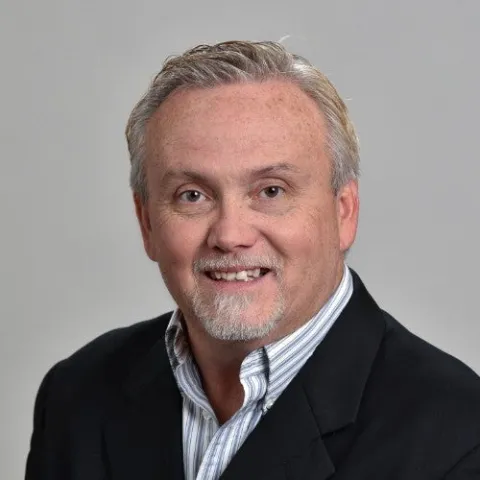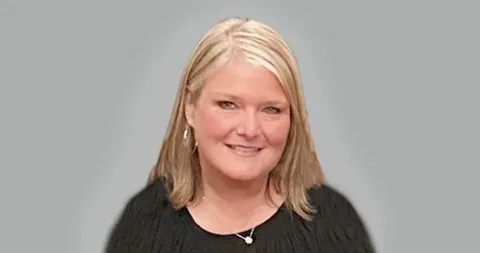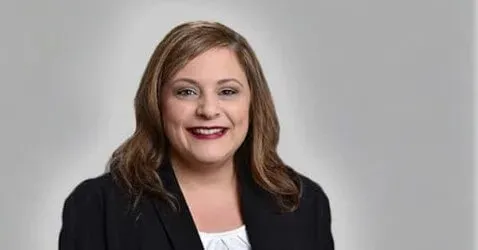Collaborate With Marymount for Clinical Placement
Marymount works with you to offer a high-quality placement experience that meets the University’s clinical requirements and prepares you for success in your future practice.
The Placement Coordinators will:
- Orient you to the placement process, gather referrals and other pertinent information to better guide and expedite the search efforts in securing placements. They will be your primary point of contact for all things placement through graduation.
- Work with the placement team to identify sites/preceptors with the goal of placing you within a reasonable distance of your home. Note: all ABSN clinical placements must be completed weekly, in weeks 10-64, in the state of Virginia.
- Communicate clinical deadlines, clinical clearance requirements and other necessary tasks and/or assignments to ensure you are progressing through your program on time.
The Clinical Placement Coordinators act as facilitators and the primary point of contact for you regarding concerns about finding clinical placements. They are responsible for communicating all field/clinical placement matters, including:
- Placement overview
- Document/clearance requirements
- Placement updates
- Student relocation compliance
- Student communications
Frequently Asked Questions About Clinical Placement Services
During clinical placement, you will put theory into practice, gaining hands-on experience in various healthcare facilities and specialties.
The confidence and professional connections you build during this time can often lead to future placement and employment opportunities.
We will support you and collaborate with you to find and secure a clinical placement, giving you more time to focus on courses and the core competencies that will propel your placement experience.
As an active participant in the placement process, providing referrals from your local community increases your chances of securing quality sites and preceptors.
Shortly after enrollment, we will introduce you to your dedicated Placement Coordinator who will share the placement intake form, initiating the placement process.
The Placement Team will collaborate with you to secure quality placement sites and preceptors. In addition to completing the intake form, you will be responsible for completing the clinical clearance requirements prior to the start of clinical which include:
- A drug screening
- A background check
- Recommended vaccinations
- Physical exam and provider attestation
Once your clinical clearances are complete and the site is approved, you will receive more information on your placement(s) and any needed next steps based on your placement assignment. The course faculty will identify when you can start clinical.
During the placement experience, you will have access to faculty and other resources to help you successfully complete the rotation. The faculty will also be available to mentor and support you throughout the rotation if you have any specific questions about the provision of care, procedures, patient interactions, and general proficiencies. At the end of the placement rotation, you and your preceptor will review the requirements, complete evaluations, and officially end the placement rotation.
You’ll receive an email notification from your Placement Coordinator approximately 30 days prior to your clinical rotation.
Clinical orientation is different for each site, but you can expect to complete the clinicals clearances and learn about the appropriate dress codes and the necessary clinical tools prior to starting.
Your responsibilities during the clinical rotations include:
- Reviewing the objectives for fulfilling the clinical requirements
- Reviewing the existing clinical protocols and Marymount University’s protocols with your preceptor
- Documenting all clinical encounters
- Ensuring that you are always under the supervision of your preceptor
- Review your evaluation with your preceptor
- Evaluate your clinical experience
Your preceptor is your on-site role model and will help you develop as a nurse practitioner during your clinical rotation. They will:
- Bridge the gap between theory and actual practice
- Orient you to the practice setting (key personnel, organization, and institutional policies)
- Help you plan clinical assignments
- Provide one-on-one supervision and daily feedback
- Review and co-sign all documentation in the clinical records
You are not alone in preparing for clinicals! Your Placement Coordinator will send details via email, so you are prepared to represent Marymount in clinical residency.
We will also email a clinical checklist detailing the dress code, clinical tools and professional expectations. If you have questions at any time, your Placement Coordinator is available by phone or email.
You will be evaluated on a pass/fail basis. There are no letter grades given during clinicals. With the repetition of practice and assessment and a variety of patient cases, you will gain the clinical skills needed to confidently become a registered nurse.




